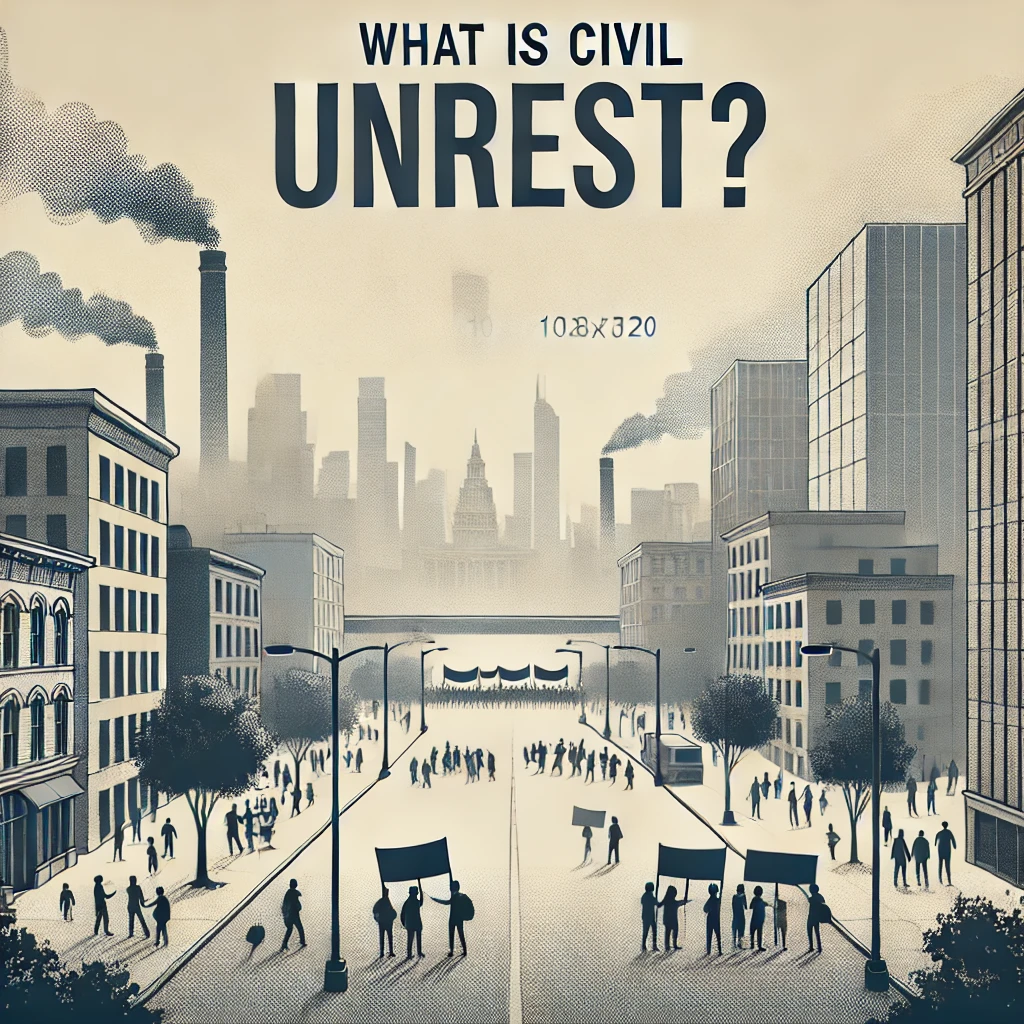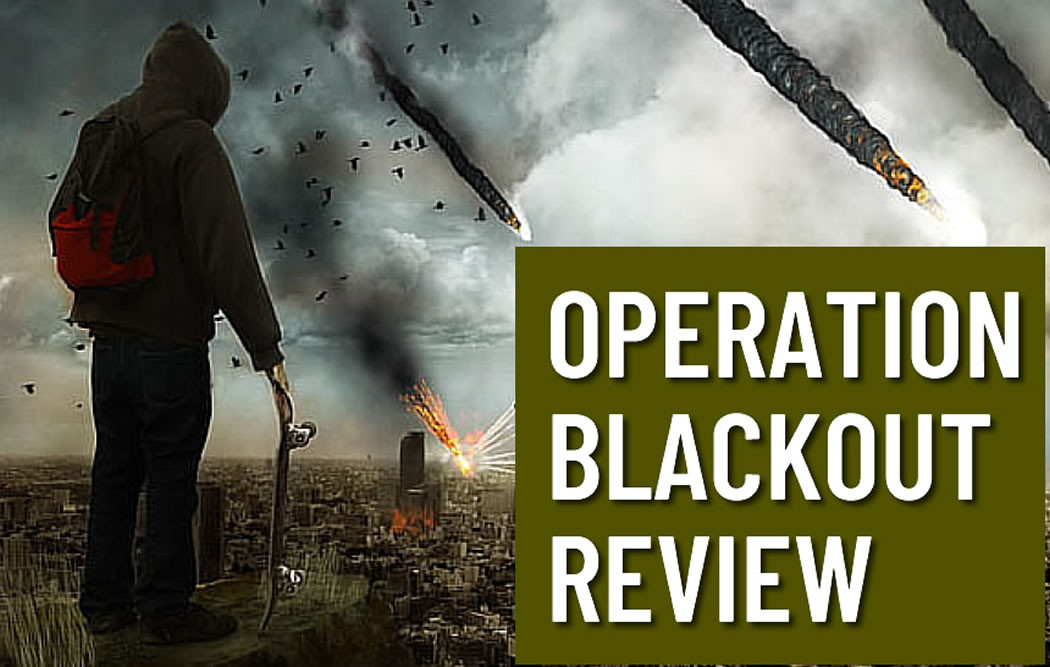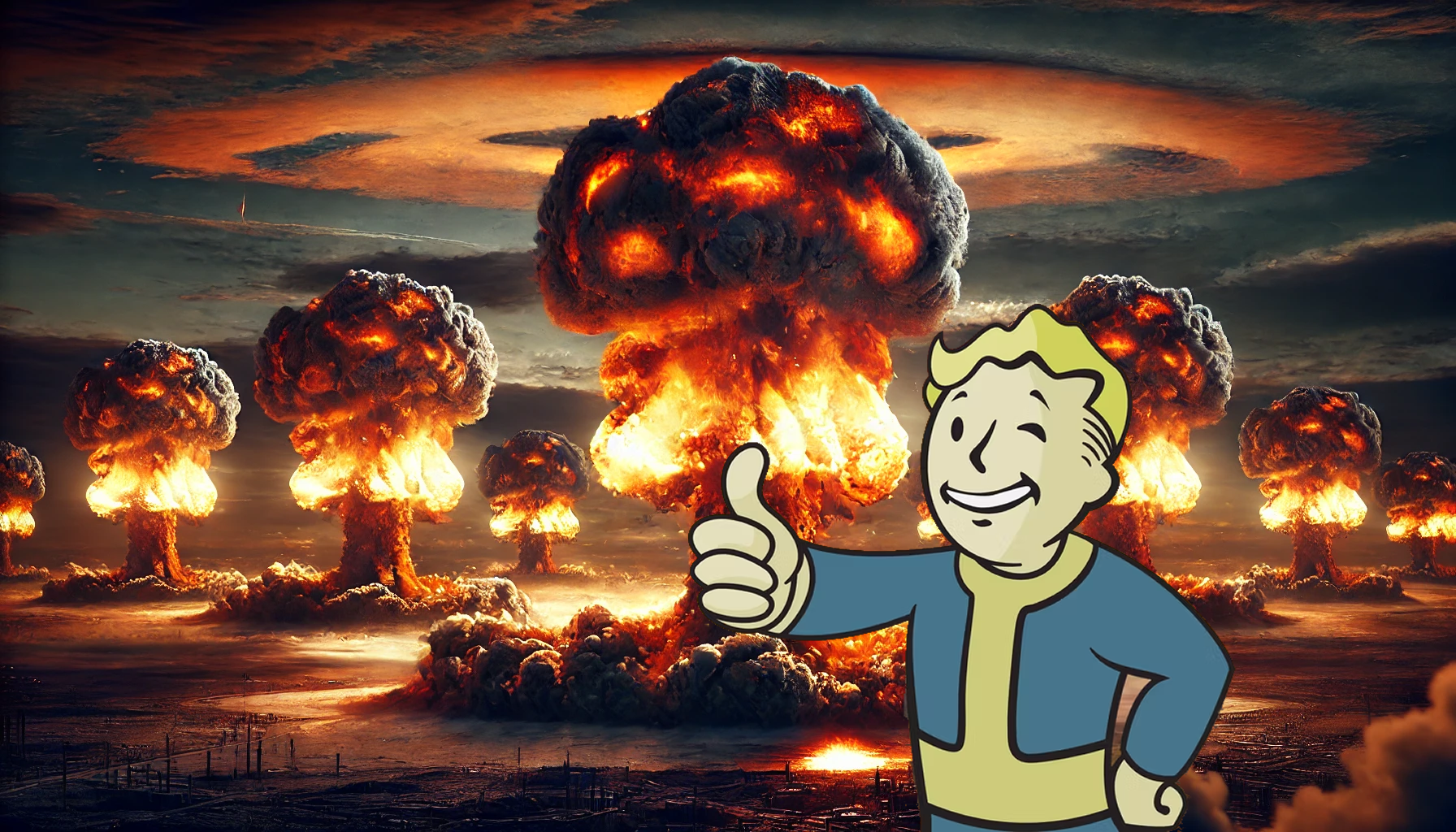Civil unrest is a term most Americans are familiar with, but few fully understand. Recent years have seen increasing incidents of public protests, disturbances, and clashes with authorities. These events, which often take place in cities and large communities, are more than just spontaneous reactions—they’re a reflection of deeper social, political, or economic issues. Let’s break down what civil unrest means, its causes, and how it impacts our lives.
Defining Civil Unrest
Civil unrest, also known as civil disorder, refers to acts of disruption or conflict that challenge public order. This can include anything from protests and demonstrations to riots and looting. While peaceful protests are legal and often encouraged as a way for citizens to voice their concerns, civil unrest becomes an issue when it crosses the line into illegal activity.
During times of civil unrest, public spaces may become sites of conflict, with protestors and police or other authorities facing off. These events often lead to damage to property, injuries, and, in severe cases, fatalities. Civil unrest can also disrupt local businesses and affect everyday life for people living nearby.
Common Causes of Civil Unrest
There isn’t one single cause for civil unrest. Rather, it’s a result of multiple factors that build over time. Often, issues related to social inequality, political grievances, or economic struggles spark these events. For instance, economic hardship, high unemployment rates, and lack of access to essential services can frustrate communities, pushing them to protest.
Political events, like elections or controversial policy decisions, can also drive civil unrest. When people feel they lack representation or believe the government is not acting in their best interests, they may take to the streets to express their dissatisfaction. In addition, civil unrest can be triggered by specific incidents, such as cases of police brutality or social injustice, which ignite public outrage and mobilize communities to demand change.
How Civil Unrest Impacts Communities
The effects of civil unrest are often far-reaching. First, there’s the immediate impact: property damage, closed businesses, and disrupted services. Small businesses, in particular, often bear the brunt of this damage. They may experience financial setbacks or even be forced to shut down entirely due to the loss.
Civil unrest can also strain public resources. Police and emergency services must redirect their efforts to contain the situation, which means fewer resources are available for other emergencies. For the people living in affected areas, these events can lead to a sense of insecurity and fear.
In the long term, repeated incidents of civil unrest can discourage investment in a community and lead to economic decline. People may feel unsafe and choose to move away, taking their business and investment with them. As a result, civil unrest can have a lasting impact on a community’s prosperity and growth.
The Role of Law Enforcement
Law enforcement plays a crucial role during civil unrest. Their primary objective is to restore order and ensure public safety. However, how they manage these situations can vary widely. In some cases, law enforcement agencies attempt to de-escalate the situation and engage with protestors to find a peaceful resolution.
Unfortunately, civil unrest can also lead to confrontations between law enforcement and protestors, particularly if tensions are high. This may result in arrests, use of force, or even more unrest as people react to the police response. The relationship between law enforcement and the community is often tested during these times. Trust and communication between these groups become essential in maintaining peace.
Preparing for Civil Unrest
For individuals, knowing how to prepare for civil unrest is essential, especially in areas where these events have occurred frequently. Simple steps, like securing your home and staying informed, can make a difference. If you live in a city prone to protests, consider monitoring local news and social media channels to stay updated on any potential disturbances.
For those who own businesses, it’s wise to have a plan in place for civil unrest. This might include securing windows, investing in security cameras, and ensuring that all valuables are stored safely. Knowing what to do in advance can help minimize damage and ensure safety for both you and your property.
A National Conversation
Civil unrest is not just a local issue; it’s a national concern that reflects the state of our country. When communities protest, they’re often highlighting issues that impact society as a whole. Whether it’s calling for justice, fighting for economic rights, or demanding political accountability, civil unrest shines a light on the changes that people want to see.
Understanding civil unrest and its causes is the first step in addressing the root issues. By having conversations, fostering community dialogue, and working toward solutions, we can help reduce these incidents. Civil unrest may always be a part of society, but with a clear understanding of its causes and impacts, we can better prepare and respond.





